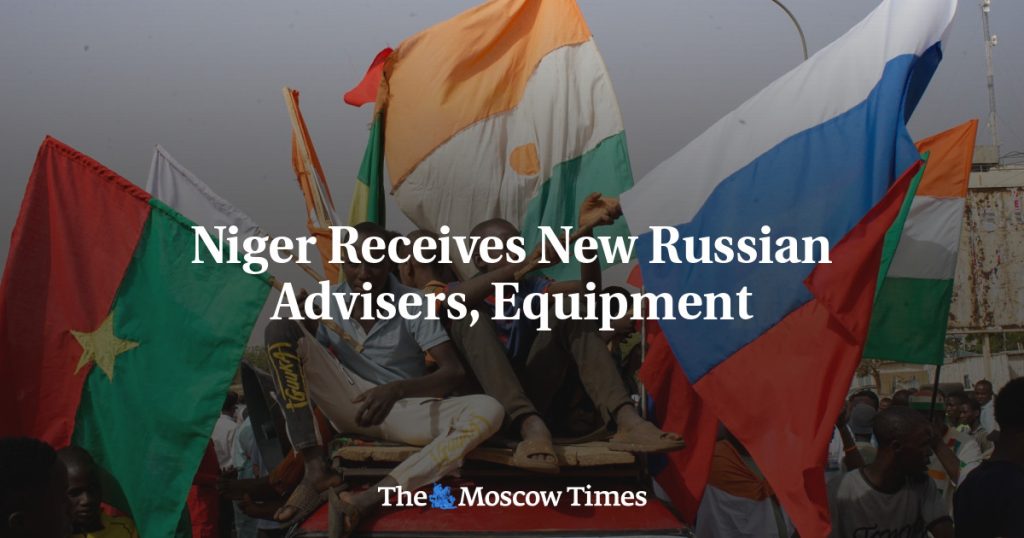In recent developments, new Russian military advisers and equipment have arrived in Niger, as confirmed by state television in the African country. The arrival of the Russian advisers, along with air defense systems, began in April, with a total of three cargo planes transporting military material and instructors in the past month. The Africa Corps, considered the successors of the Wagner paramilitary group in Africa, acknowledged the arrival of the instructors and announced the subsequent arrival of more trainers, equipment, and food supplies. This move follows the expulsion of French troops from Niger by the military regime that took power in a July 2023 coup, leading to the denouncement of a military cooperation agreement with the United States.
The United States, in response to the shifting dynamics in Niger, has agreed to withdraw its roughly 1,000 soldiers from the country. Negotiations are currently taking place between the United States and Niger regarding the withdrawal, particularly concerning the U.S. drone base near Agadez, which has been a key asset in the fight against rebel groups affiliated with Al-Qaeda and the Islamic State in the region. Niger’s military leaders, also including neighboring countries like Mali and Burkina Faso with military coup leaders, have increasingly aligned themselves with Russia amidst the changing geopolitical landscape in the region.
The presence of Russian troops at a Nigerien air base near the Niamey airport, which is also home to U.S. troops, has been confirmed by U.S. Defense Secretary Lloyd Austin. This development has raised concerns about the implications of having both U.S. and Russian military forces coexisting in the same territory. The military regime in Niger, which has taken steps to distance itself from its previous Western partnerships, views the presence of Russian military advisers as a strategic move to enhance its military capabilities and strengthen its ties with a powerful ally.
In light of Russia’s growing influence in Niger and other African countries, concerns have been raised about the potential implications for security and stability in the region. The presence of Russian military advisers and equipment, coupled with the expulsion of French and American forces, signals a significant shift in the geopolitical landscape of West Africa. As these developments unfold, the international community is closely monitoring the situation and assessing the impact on regional security dynamics, particularly in the context of ongoing conflicts and counterterrorism efforts in the Sahel region.
The imprisonment of Idrissa Soumana Maiga, a journalist who reported on the alleged installation of Russian listening devices in official buildings, underscores the challenges faced by the media in reporting on sensitive topics in Niger. The crackdown on dissent and restrictions on freedom of expression highlight the broader implications of the military regime’s consolidation of power and suppression of opposition voices. As Niger navigates these complex political and security challenges, the role of international actors, including Russia, the United States, and other regional powers, will continue to shape the trajectory of developments in the country and the broader West African region.
In conclusion, the arrival of Russian military advisers and equipment in Niger marks a significant development in the country’s evolving security landscape. The shifting alliances and geopolitical dynamics in West Africa, including the growing influence of Russia, have implications for regional security and stability. As Niger recalibrates its foreign policy orientation and military partnerships, the role of external actors, particularly Russia and the United States, will shape the future trajectory of the country and the broader Sahel region. Amidst these changes, the protection of human rights, freedom of expression, and democratic principles will remain crucial factors in determining the long-term stability and governance in Niger.


